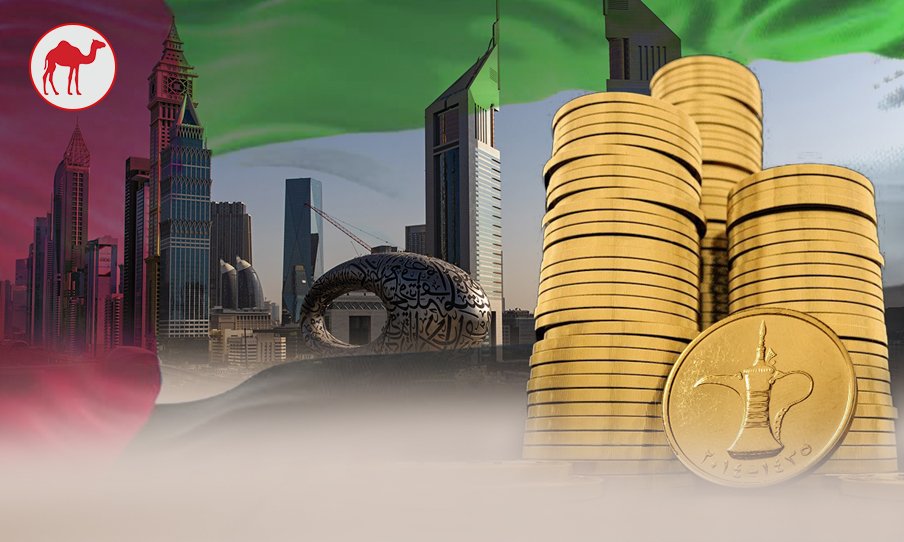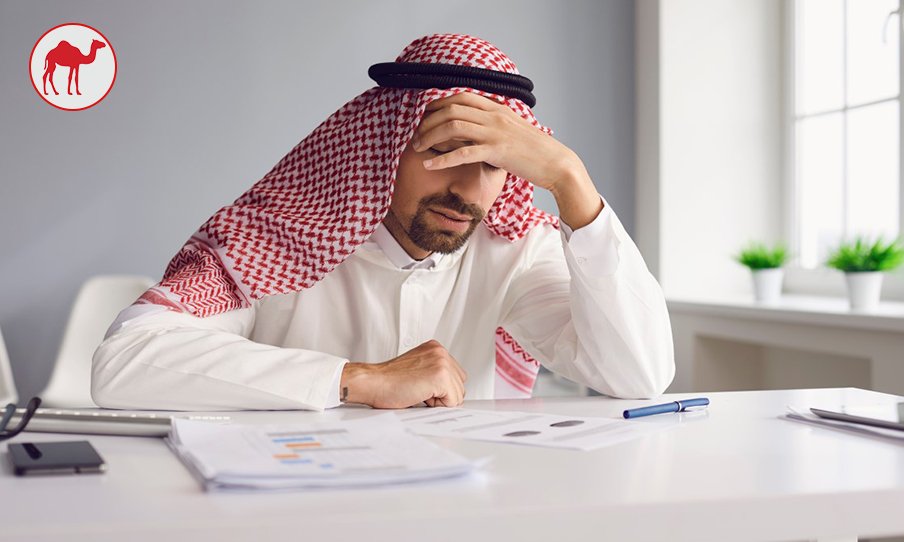How Fintech Is Reshaping Money in the Arab World

Did you ever stop to think about how money is transforming before our very eyes? Not only how we spend it, but how we save, invest, borrow, and even put faith in it?
Something major is underway in the Arab region. From the dusty countertops of old-school banks to sleek digital apps on your phone, money is flowing quickly. And the driving force of this change? Fintech, short for financial technology.
If you believe fintech is all about slick apps and online transactions, reconsider. It’s transforming the way people do business, borrow money, send money overseas, and construct their economic futures.
Let’s dive deeper into how fintech is transforming money in the Arab world.
1. What Is Fintech and Why Should I Care?
Before we go deep, let’s demystify what fintech actually is.
Fintech refers to the application of technology to enhance financial services. It may be taking your phone and using it to send money, getting a loan via a website, or monitoring your spending through an app.
Why is this important? Because banking as usual isn’t always convenient or even an option for everyone, particularly in areas where individuals may not live close to a bank or feel comfortable dealing with intricate systems. Fintech is bridging those gaps.
2. A Digital Turn: How Arab Nations Are Embracing Fintech
From Saudi Arabia and the UAE to Egypt and Jordan across the Arab world, governments and startups are collaborating to advance digital finance.
UAE and Saudi Arabia have initiated fintech centers and regulatory sandboxes, safe environments in which businesses can experiment with new concepts free of onerous regulations.
Egypt, with a huge youth population, is experiencing a mobile wallet and digital lending boom.
In Jordan, fintech is enabling refugees to access funds securely without having banks in a physical space.
Short version: Nations are seeing that the future of money is digital, and racing to get on board.
3. Financial Inclusion: Including More People in the System
One of fintech’s greatest promises is financial inclusion, enabling financial instruments for people who had no access to them previously.
In the Arab region, even today, most people remain unbanked, i.e., they do not have a bank account. That includes rural communities or women and youth.
All that is changing thanks to fintech:
- Individuals can open a mobile wallet in a matter of minutes.
- Farmers can access microloans from easy-to-use apps.
- Freelancers can get paid more quickly, without a traditional bank.
Fintech is putting people in charge of their finances, and that translates into freedom and security.
4. Payments Made Easy: Goodbye Long Queues
Remember the days of standing in long queues just to pay a bill or send money? Fintech is making those memories a thing of the past.
With just a few taps on a phone, people in the Arab world can now:
- Pay utility bills
- Transfer money to family members
- Shop online or in-store
- Even split bills with friends
In the UAE, for instance, contactless payments and QR codes are the norm. In Egypt, mobile payment apps are increasingly becoming mainstream. It’s all about speed, ease, and security.
5. Startups Fueling Innovation
Much of the Arab world’s fintech magic is originating from local startups who get their customers.
For instance:
- Tabby and Tamara provide “Buy Now, Pay Later” schemes in Gulf states.
- Paymob in Egypt enables small merchants to accept digital payments.
- Money Fellows takes old group savings models and takes them online.
These startups aren’t simply taking concepts from the West and replicating them. They’re creating products that suit local cultures and issues. And some are receiving investments from regional and international backers.
6. Regulation: Walking the Line Between Innovation and Safety
And, of course, with each opportunity is a challenge. One large issue with fintech is trust. They must feel that their money and information are secure.
Governments across the Arab world are finally catching up:
- Central banks are establishing regulations for digital lending and payments.
- Fintech firms are getting new licenses.
- Cybersecurity laws are being revised to safeguard users.
The aim is to spur innovation, without allowing things to get out of hand.
7. What’s Next: A Cashless Future?
In the future, the Arab world appears to be headed toward a cashless society.
Cash remains dominant, but digital payments are increasing rapidly. The young ones are driving this transition. They desire speed, convenience, and autonomy. And fintech is providing that.
Picture this future where:
- You can open a savings account from your phone within five minutes.
- Your salary is deposited into a digital wallet.
- You invest small sums in property or gold with an app.
- Your insurance is personalized to your life and paid monthly online.
That future is not far off, it’s already underway.
Fintech is not about flashy apps or lightning-fast transactions. It’s about putting people in control of their money. It’s about trust, access, and opportunity.
In the Arab world, where tradition and history are strong, fintech is opening new windows, particularly to the younger generation, to small businesses, and to individuals who’ve been excluded from formal banking for so long.
The Arab world’s future money is being written today, and it’s inclusive, digital, and full of potential.
Whether you’re a business owner, a student, or just someone curious about where your next paycheck might go, fintech is something you’ll want to watch.
Because ready or not, it’s already here.


